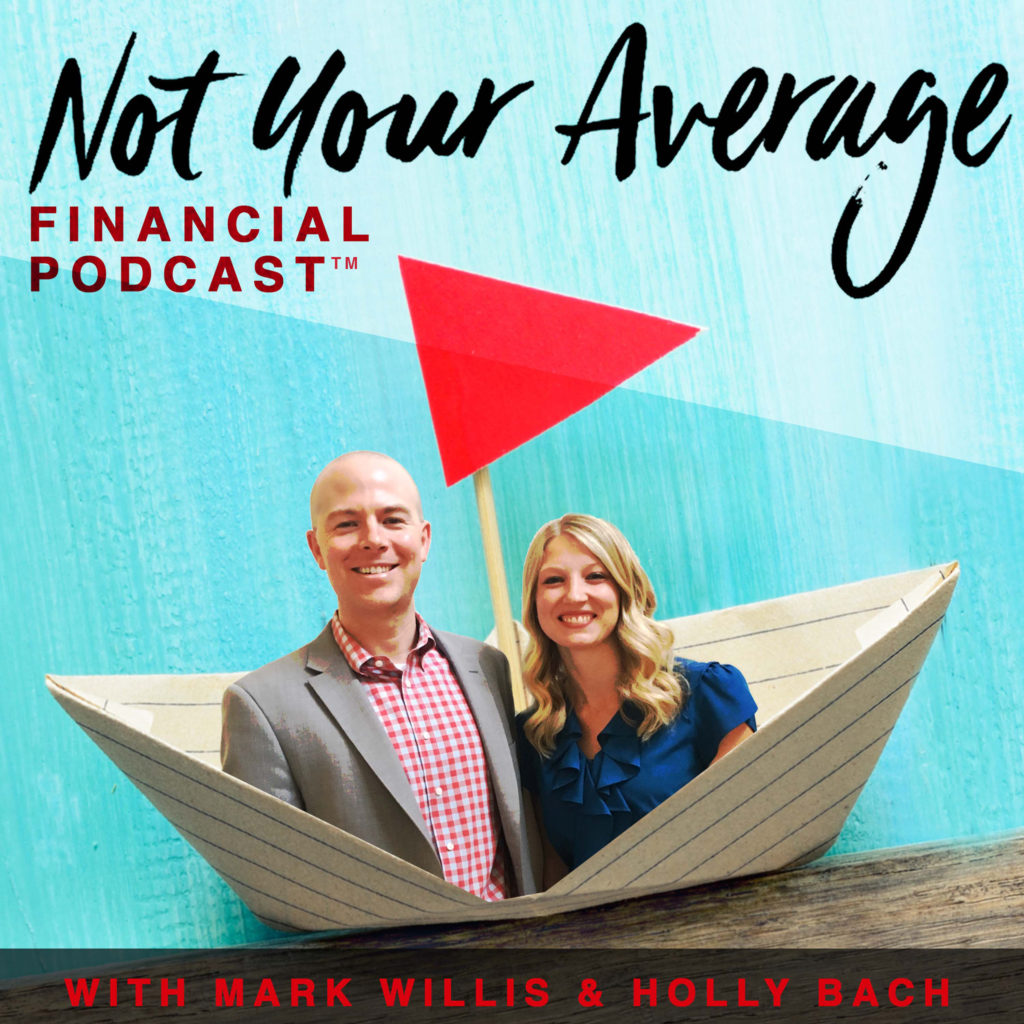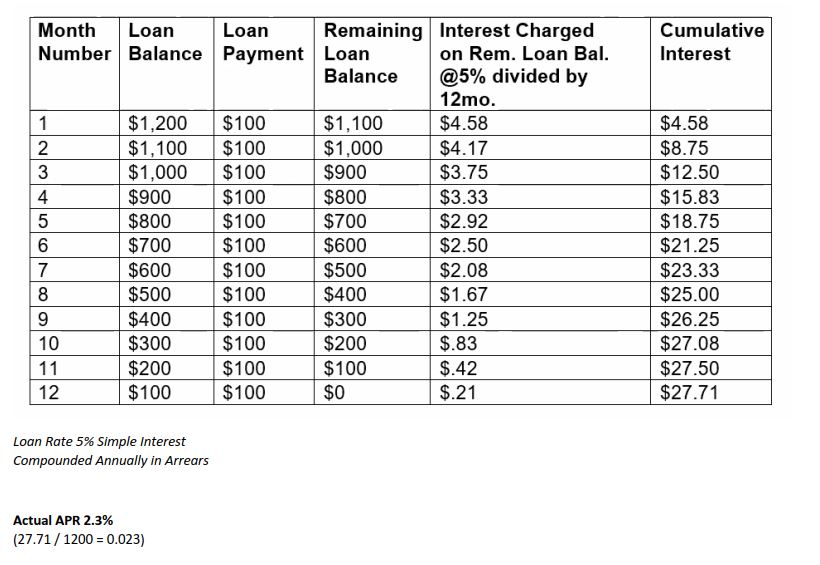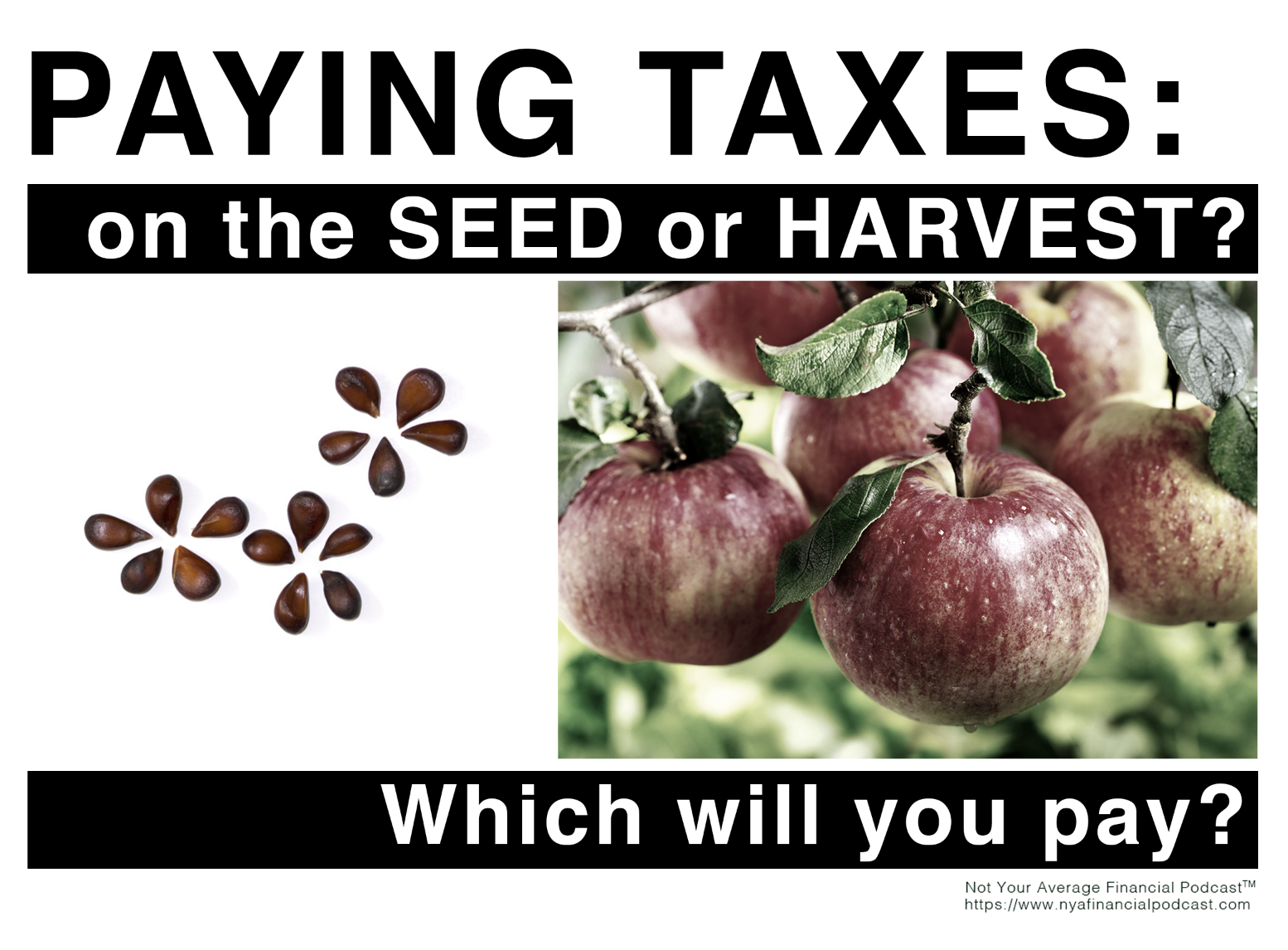Podcast: Play in new window | Download
Subscribe: Apple Podcasts | Android | RSS
In this episode, we ask:
- What are the biases with insurance?
- What misunderstandings exist?
- What’s the truth?
- Why does anyone have a bias against anything?
- Where do we hear information?
- Is this information in line with reality?
- What about my family member’s experience?
- How many mutual funds are out there?
- Why do people have completely different experiences with the same vehicle?
- How can life insurance help you while you’re alive?
- How is a whole life insurance policy more than just a death benefit?
- Why is old fashioned whole life a terrible place to save money?
- Is a model T car a terrible way to drive across the country?
- Is an airplane an effective way to get to the grocery store?
- Is this an investment?
- Should insurance compete with a mutual fund?
- How will you feel when the market crashes to the depths of the ocean?
- When do you want your money growing the fastest?
- When do you want your money in a competitive position?
- Why is whole life insurance so expensive?
- Why is term life insurance so cheap?
- Is term really cheaper?
- What’s a better deal?
- When would you want to buy term?
- Why is term insurance designed to become too expensive?
- Have you seen your term premium quadruple yet?
- What do you have to show for a dropped term policy?
- Do you want to buy term?
- How are the benefits in whole life stronger than term?
- What guarantees do you have with whole life insurance?
- What guarantees do you have with term life insurance?
- How many term policies actually ever pay a claim?
- What’s the difference between buying a house and renting?
- Which one will provide the greatest value to you and your value?
- How is this unlike most whole life insurance that most people have heard about?
- How much of a pay cut do advisors take?
- How quickly can you use the cash value?
- What are the benefits?
- Would you like tax free access to cash?
- Would you like guaranteed growth every year?
- Would you like the ability to leave your family more than you could ever save?
- Do you need to finance a big purchase?
- Why aren’t insurance companies letting everyone know about this?
- Why are there entire cable channels dedicated to Wall Street?
- Why aren’t we hearing a whole lot about this?
- Where did the term buy term and invest the difference come from?
- How are high net worth clients and leaders allocating their assets?
- What’s too good to be true?
- Is whole life premium payments only for the affluent?
- What if someone can’t afford the premium?
- What about getting “locked” into a premium payment?
- What happens if I miss a premium payment on a whole life insurance policy?
- What flexibility exists?
- Who decides how much goes into premium?
- What happens if I lose my income temporarily?
- Is life insurance a safe place to put money?
- Is a life insurance policy safer than the banks?
- Are life insurance companies FDIC insured?
- What is FDIC insurance?
- What safeguards are on the insurance companies?
- What third parties are involved?
- What happens if a life insurance company goes down?
- What about AIG in 2008?
- What happened to the life insurance subsidiary of AIG?
- Does the FDIC have enough money to cover all of the nation’s banks?
- What percentage of our money is backed up by FDIC?
- In 2008, how much did the FDIC ask for in bailout money?
- Who pays for the bailout?
- If the FDIC raises limits to 1 million, what happens?
- Are banks legally required to keep safe assets?
- How much life insurance do the banks have to purchase themselves?
- What is BOLI?
- What did Nelson Nash say?
- What happens when you change the way you see things?








